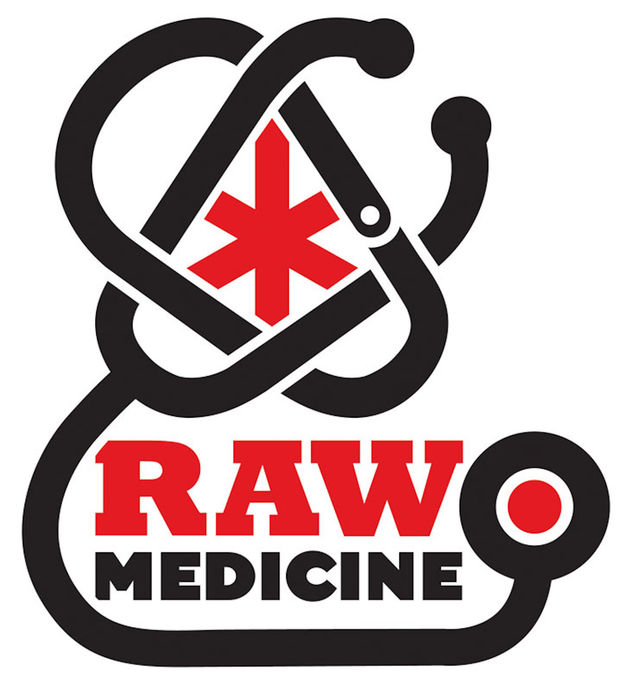
RAW Medicine
Seth Collings Hawkins & David Fifer
Physician Seth Collings Hawkins and Paramedic David Fifer take a deep dive into the world of RAW medicine- Remote, Austere, and Wilderness care. From trails to rivers and caves to collapsed buildings, Seth and David break down the practical and philosophical issues of providing good medicine in challenging places.
- 53 minutes 36 secondsEpisode 17: Wilderness Medical Direction29 April 2024, 2:33 am
- 1 hour 22 minutesEpisode 16: Austere Pain Management with Mike Lauria, MD8 June 2023, 3:20 am
- 51 minutes 14 secondsEpisode 15: US Forest Service EMSWe're joined by Dr. Michelle Curry, the new EMS medical director of the U.S. Forest Service (USFS). As of this episode, the USFS EMS program is just now coming into its own, with a uniform set of policies, Local Emergency Medical Advisor (LEMA) physicians appointed for each USDA Region, patient care protocols, and a national credentialing system. However, there are some big differences between the USFS EMS program and that of the National Park Service, to which it is often compared.9 May 2022, 12:14 am
- 1 hour 6 minutesEpisode 14: A Conversation with Tod Schimelpfenig & David Johnson
On Episode 13, we explored the role of WFR's and challenged some aspects of the way they're educated and regulated (or not). In this episode, Tod Schimelpfenig (recently retired Director of Curriculum at NOLS WMI) and David "DJ" Johnson (Medical Director of WMA International) join us to share their thoughts on some of those points. The conversation is frank but friendly, and outstanding!
3 May 2021, 6:24 pm - 1 hour 14 minutesEpisode 13: WTF is a WFR?
WFR (Wilderness First Responder) is arguably the nucleus of wilderness medicine education. But what does it really represent- first aid, Basic Life Support, or some kind of hybrid? Where did this curriculum originate, and is it still appropriate in today's highly regulated world of patient care? Veteran WFR instructor Corey Winstead joins us to help put WFR in context and consider some provocative questions about the future of wilderness medical education.
7 December 2020, 6:07 am - 1 hour 15 minutesEpisode 12: WMS & NREMT- An Unexpected Spinal Fusion27 October 2020, 3:46 am
- 57 minutes 56 secondsEpisode 11: On Excellence
We talk with Justin "Padj" Padgett, co-founder of Landmark Learning- about the nature of excellence and its nexus with wilderness medicine practice and teaching. Padj has spent his professional life thinking about and researching excellence, and is renowned throughout the outdoor industry for imbuing it into the Landmark method.
8 May 2020, 4:59 pm - 1 hour 7 minutesEpisode 10: COVID-19 In The Wilderness
SARS-CoV-2 is a novel virus at the time of this episode, but there are already some lessons that can be applied to SAR responses involving known or suspected COVID-19 patients. We discuss respiratory protection for responders, airway management and resuscitation strategies, modifications to response protocols, and personal protection/decontamination considerations.
22 April 2020, 6:03 pm - 1 hour 2 minutesEpisode 9: There Will Be Blood
Trauma care experts Sgt. Max Dodge, TP-C and Maj. Andrew Fisher, PA-C, join us to talk about backcountry bleeding: how to control it, what to do next, and why many of the common teaching points surrounding bleeding control have been taken out of context and misapplied. Max and Andrew also talk about their work with the National Stop The Bleed campaign, and the importance of educating lay people to be initial responders.
18 May 2019, 12:48 am - 1 hour 1 minuteEpisode 8: Online And Outside of the Box
The conventional assumption is that wilderness medicine training requires extensive hands-on practice, but what's a student to do when they want to learn the craft but can't attend a course in person? Can wilderness medical training be done online, and if so, is it valid? What's the balance that should be struck between skills training and didacticism in a body of knowledge that emphasizes resource constraints? We talk with Teal Harbin, a seasoned austere medical provider and founder of Base Medical, the company she founded to bring wilderness medical education to people who can't attend traditional in-person courses.
27 January 2019, 1:29 am - 1 hour 46 secondsEpisode 7: Stress & Moral Injury with Brenton Queen
Wilderness medicine is exciting and inspiring, but it can also imperil our emotional well-being in big ways. We talk with mental health expert Brenton Queen, who works with responders in his capacity as a licensed counselor specializing in coaching, conflict, and stress.
25 November 2018, 9:59 pm - More Episodes? Get the App
Your feedback is valuable to us. Should you encounter any bugs, glitches, lack of functionality or other problems, please email us on [email protected] or join Moon.FM Telegram Group where you can talk directly to the dev team who are happy to answer any queries.
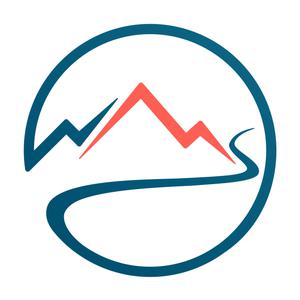 Wilderness Medicine Podcast
Wilderness Medicine Podcast
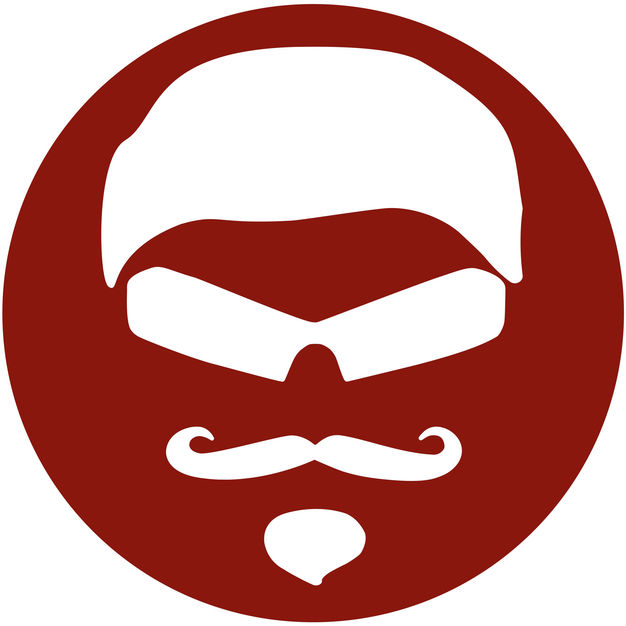 Element Rescue: Simply Disruptive
Element Rescue: Simply Disruptive
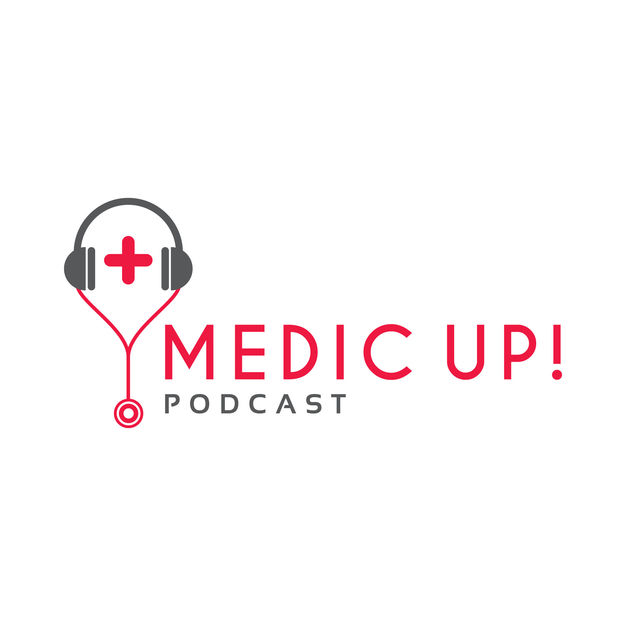 Medic Up!
Medic Up!
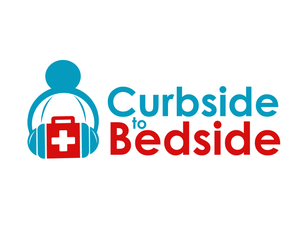 Curbside to Bedside
Curbside to Bedside
 Dirt Medicine Podcast
Dirt Medicine Podcast
 Disaster Podcast
Disaster Podcast